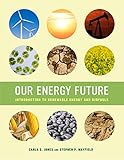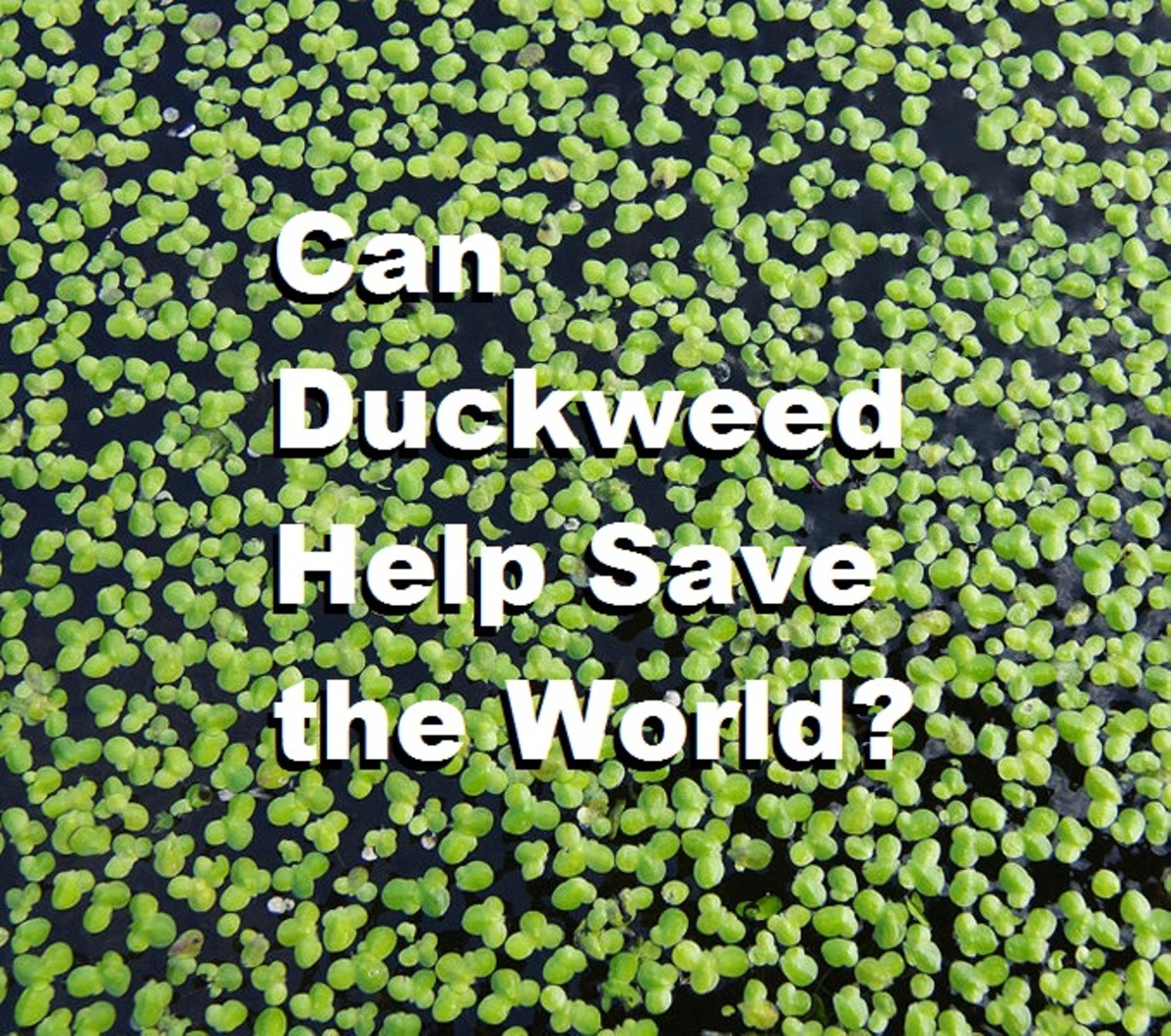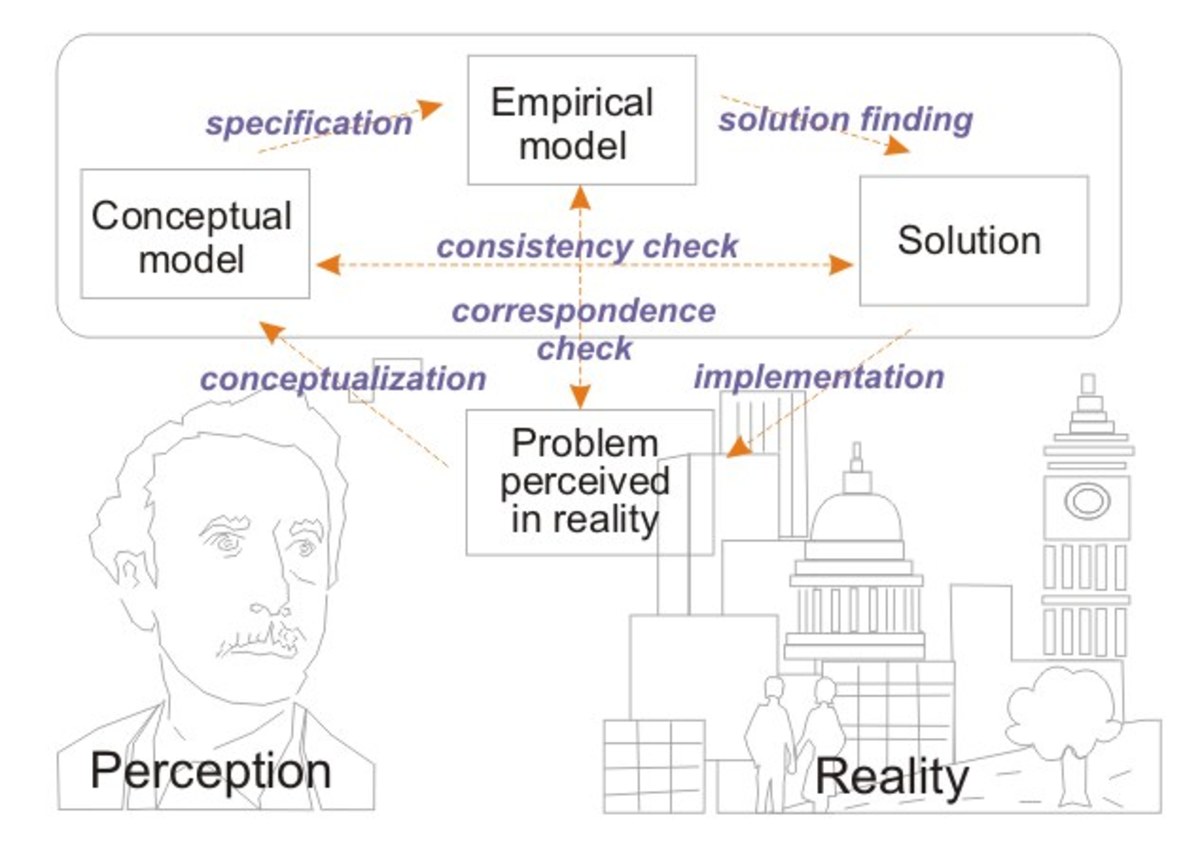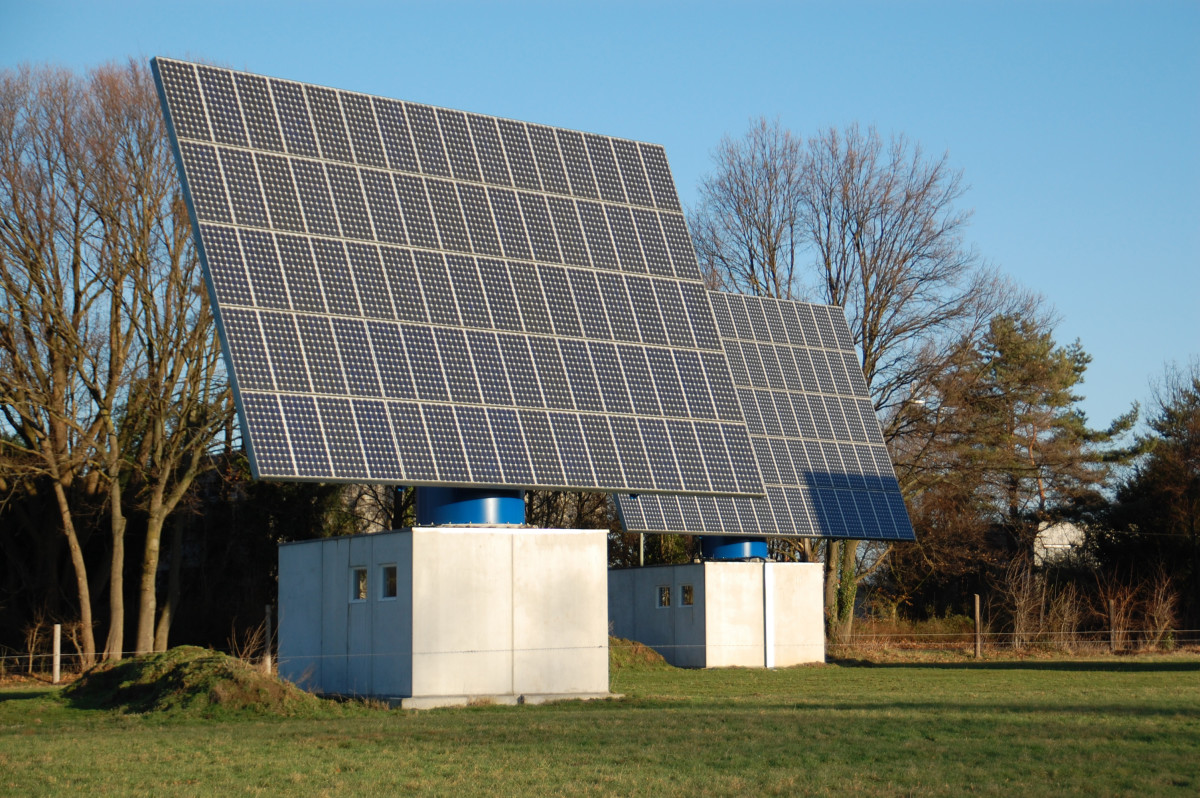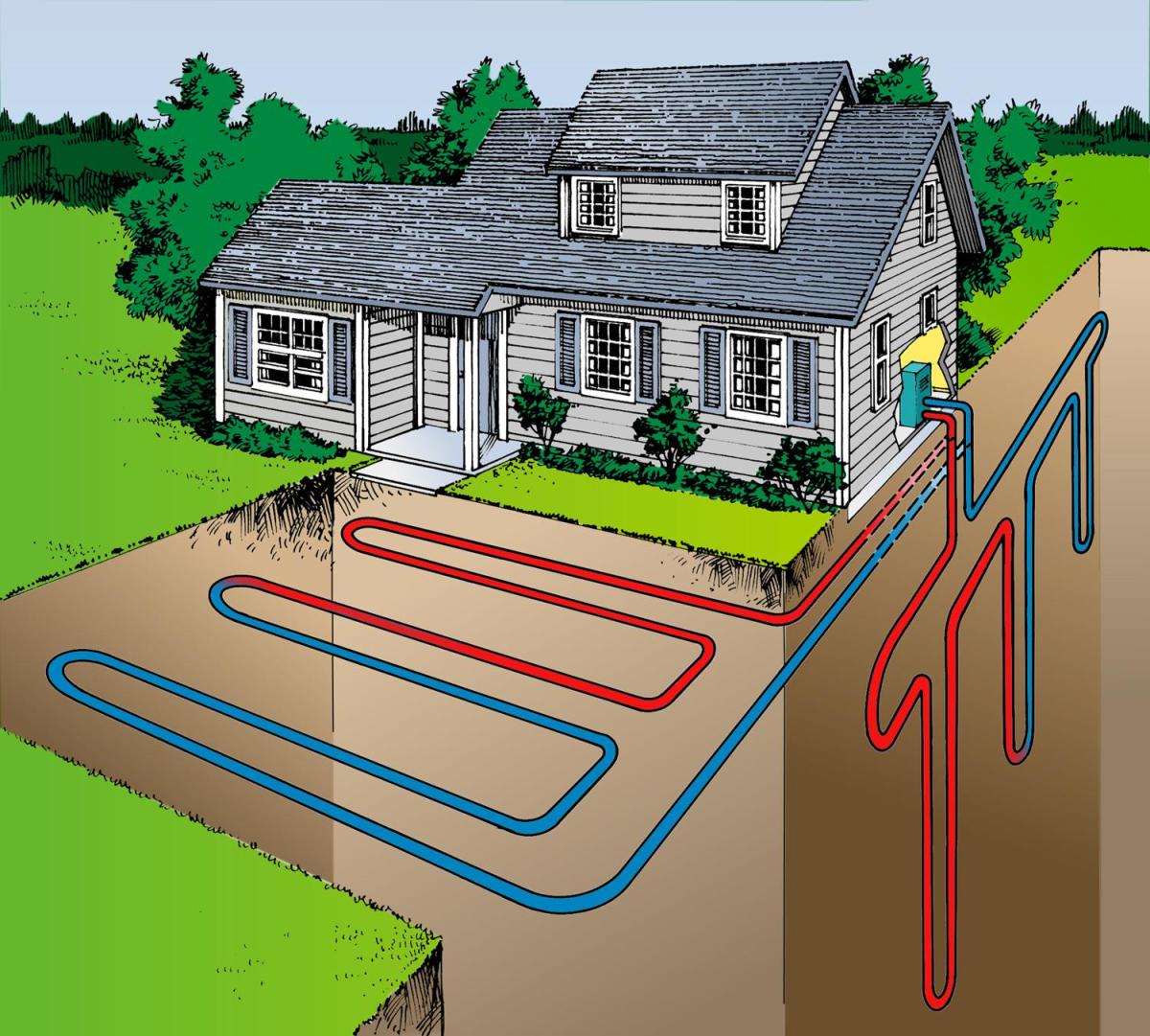Can Biofuels From Algae or Garbage Solve Our Energy Problems
Can biofuels from algae or garbage solve our energy problems? While this it is quite a conclusion to draw that biofuels from algae or garbage can solve our energy problems, a look at the technologies behind these fuels and the raw numbers appear to back up this conclusion.
Biofuels are fuels that are made from organic material, which has traditionally meant organic plant material that is refined into a fuel. Once refined, the biofuel can be utilized in an internal combustion engine to provide power for a vehicle or can be utilized in a furnace to provide heat to a building. Recent advancements in the science of growing algae for biofuels and refining organic garbage into biofuels hold out hope that our energy problems could someday be solved using biofuels.
Biofuels are a type of fuel that is produced from organic material via a number of different processes. The two most common biofuels are bioethanol (or just ethanol) and biodiesel. Global biofuel production has tripled in the past decade, but still accounts for less than three percent of the total world transportation fuel supply.
Biofuels have traditionally come from plant material such as corn, which is rather controversial since using corn to produce biofuels has the unintended consequence of driving up corn prices for this import food staple and all the products that are produced using corn. The impact on food prices is especially troubling since it increases world hunger and starvation and causes political instability.
A new generation of biofuels is being developed that is produced from very different feedstocks than plant material that is also used as food. These two feedstocks include algae, which can be produced in large quantities with no impact on food prices, and organic garbage, which has an endless supply stream that also keeps waste out of landfills.
Algae Growing In Swimming Pool

Making Biofuels From Algae
Like any plant material, algae requires water, carbon dioxide, and sunlight to grow. The growing algae produces oil as a by-product that is collected and used as a feedstock that is refined using alcohols into biofuels. The trick is to find a way to farm algae on a large scale in a cost effective manner.
Farming algae is called algaculture. Farmed algae can be used to make vegetable oil, biodiesel (diesel or heating oil), bioethanol (ethanol), biogasoline (gasoline), biomethanol (similar to gasoline), and biobutanol (similar to gasoline). Using algae to produce biofuels has many advantages, including: it can be produced on land that is unsuitable for agriculture, it does not add to food demand and increase prices for human food feed stocks, waste water or ocean water can be utilized, and it is environmentally benign if spilled.
The major disadvantage to using algae to produce biofuels is the cost, which in part is due to the fact that the practice of using algae to produce biofuels is relatively new and requires additional research and development to find less costly production methods. Since cost is what mainly drives consumption, the use of algae to produce biofuels is not being done on a large scale yet. However, this price disadvantage could change as petroleum based fuels grow more expensive over time and as technological advancements in mass production of algae based biofuels come on line.
Algae does have some cost advantages over biofuel food crops such as corn and soybeans. Once done on a large scale, scientists predict that algae will be able to yield between 10 and 300 times more energy per unit area than is currently possible using food crops. Algae can be grown at a rate that is 20 to 30 times faster than food crops, which means algae can be harvested and used to produce biofuels much faster than food crops. If fully implemented, these advantages will bring the cost of algae biofuels down dramatically.
Turning Garbage to Biofuel
There are a number of small companies in the United States and throughout the world that are currently producing biofuels from common carbon based household garbage that people throw into their garbage cans every day.
The process is not as complicated as it sounds. Biofuels are carbon based, so making biofuels from carbon based garbage is just a matter of rearranging the molecules into biofuels using a thermo-chemical process that uses heat and chemicals to cause the carbon molecules to rearrange themselves into sugars. There are many variations of the garbage to biofuel method, some of which include using bacteria enzymes and micro-organisms to speed up the process of breaking down carbon based garbage into sugars. The resulting sugars can be further refined into biofuels such as biodiesel, ethanol, or methanol for use in automobiles, trucks, and home heating systems.
The garbage to biofuel process is not only an alternative way to produce home grown fuels, it also helps greatly reduce the amount of garbage that needs to be put into landfills. With oil trading around $100 per barrel and the disposal of garbage in landfills costly, the process of turning carbon based garbage is cost effective, which is leading to further research into this promising source of biofuels.
An Endless Supply of Fuel From Garbage
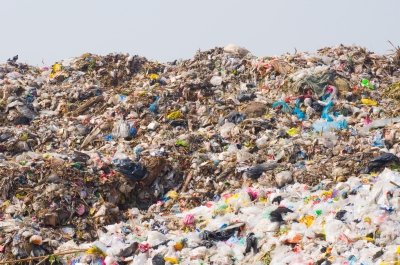
Can Biofuels From Algae or Garbage Solve Our Energy Problems?
The best answer to the question, “Can Biofuels From Algae or Garbage Solve Our Energy Problems?” is no in the near term but very possible in the longer term. Although biofuel production is occurring today from both algae and garbage feedstocks, these operations must be scaled up enormously to meet today’s demand for gasoline and heating oil. Perhaps in the coming decades, as automobiles and trucks become considerably more fuel efficient, and biofuel production from algae and garbage ramps significantly, biofuels from these renewable sources can meet fuel demand.
The United States Department of Energy has studied the question of whether algae biofuel can replace all the petroleum fuel the United States currently uses. They estimate that such an endeavor would require 15,000 square miles for algae farming, an area that is approximately 0.42% of the land area in the United States. This is a large area, but since algae farming can be done on lands that are not suitable for other farming purposes, it is possible that land for algae farming could be found. Therefore, the answer to the question: Can Biofuels From Algae or Garbage Solve Our Energy Problems? is ultimately "Yes".
One of the best books I have read on this topic is called "Our Energy Future: Introduction to Renewable Energy and Biofuels." It lays out in easy to understand language, the many renewable energy options, including biofuels.
Books About Biofuels
Energy 101 | Algae-to-Fuels
Biofuels From Algae Quiz
Do You Think Can Biofuels From Algae or Garbage Solve Our Energy Problems?
This content is accurate and true to the best of the author’s knowledge and is not meant to substitute for formal and individualized advice from a qualified professional.
© 2011 John Coviello

